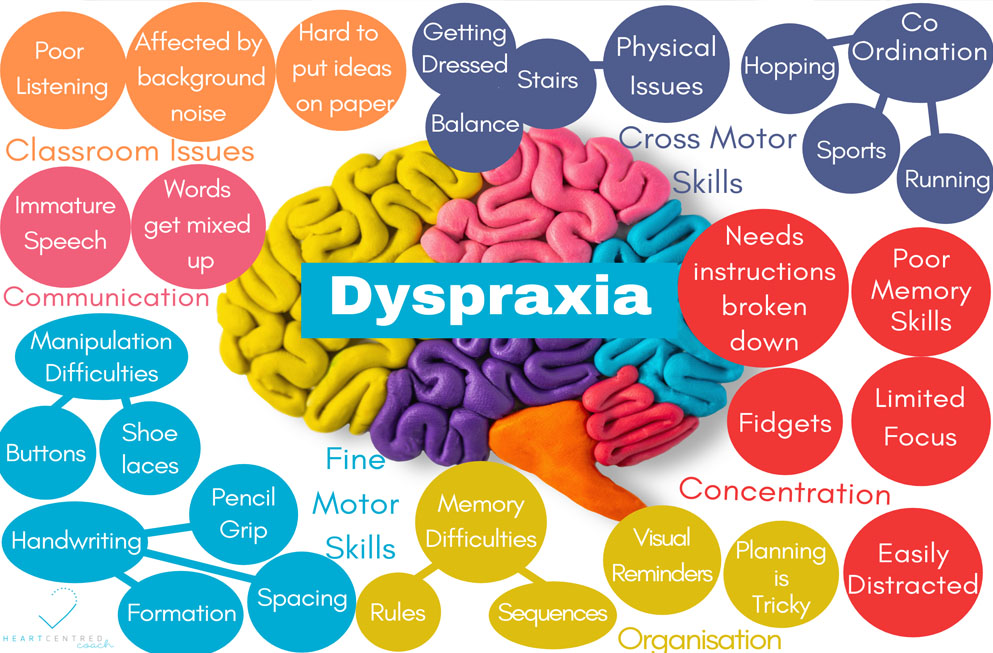Dyspraxia, also known as Developmental Coordination Disorder (DCD), is a neurological condition that affects a person’s ability to plan and execute coordinated movements. Individuals with dyspraxia may experience challenges with fine and gross motor skills, speech and language development, as well as difficulties with activities of daily living. It is important to note that dyspraxia is not related to intelligence, as individuals with this condition often have average or above-average cognitive abilities.
A speech therapist plays a crucial role in helping individuals with dyspraxia overcome their communication challenges. In the context of dyspraxia, speech therapy focuses on improving speech and language skills, including articulation, pronunciation, and expressive language abilities. The therapist conducts comprehensive assessments to identify the specific communication difficulties the individual is facing.
With this understanding, the speech therapist develops personalized treatment plans tailored to the individual’s needs and goals. Therapy sessions may involve exercises and activities that target speech clarity, breath control, vocalization, and oral muscle coordination. The therapist uses various tools and techniques to encourage speech production, such as repetition, modeling, and visual aids.
Furthermore, speech therapy extends beyond the individual with dyspraxia to include family members and caregivers. The speech therapist educates them about dyspraxia, communication strategies, and ways to support the individual’s progress at home and in social settings. By involving the family, the therapist ensures that the skills learned in therapy are reinforced consistently in the individual’s everyday life.
In addition to speech and language therapy, individuals with dyspraxia may also benefit from occupational therapy, which focuses on improving motor skills and daily living activities. A multidisciplinary approach that combines speech therapy, occupational therapy, and other relevant interventions can significantly enhance the individual’s overall development and quality of life, empowering them to navigate the challenges of dyspraxia and communicate effectively with confidence.



